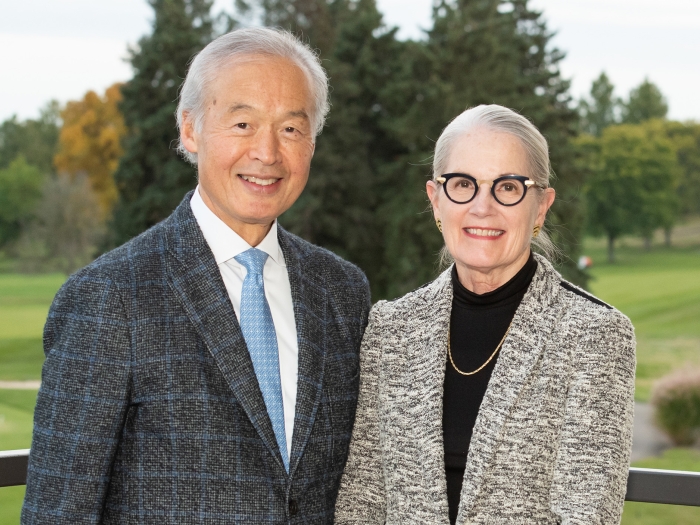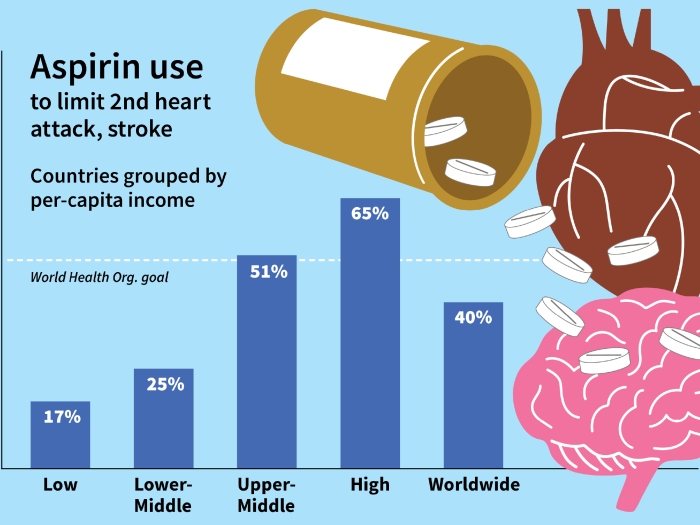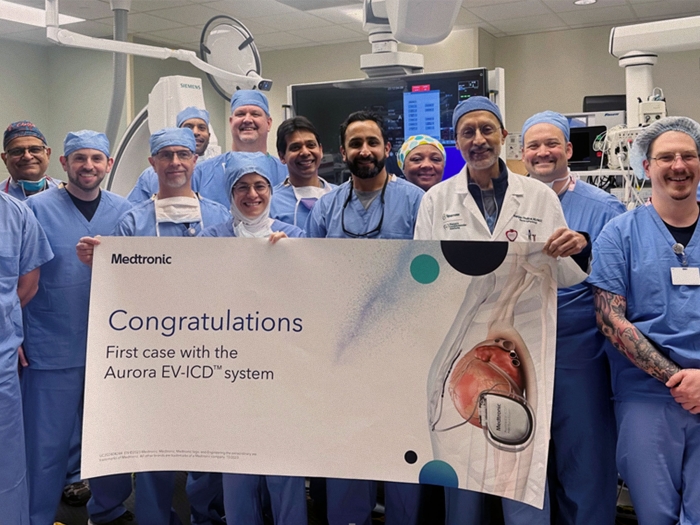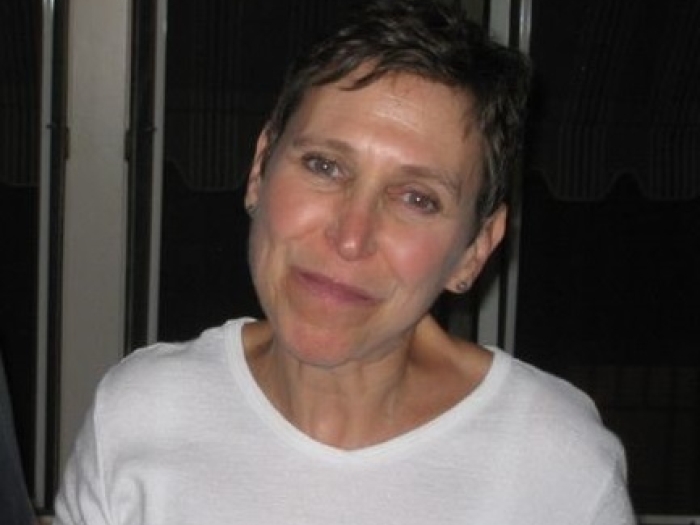Michigan alum supports high-impact, early team science
Author |
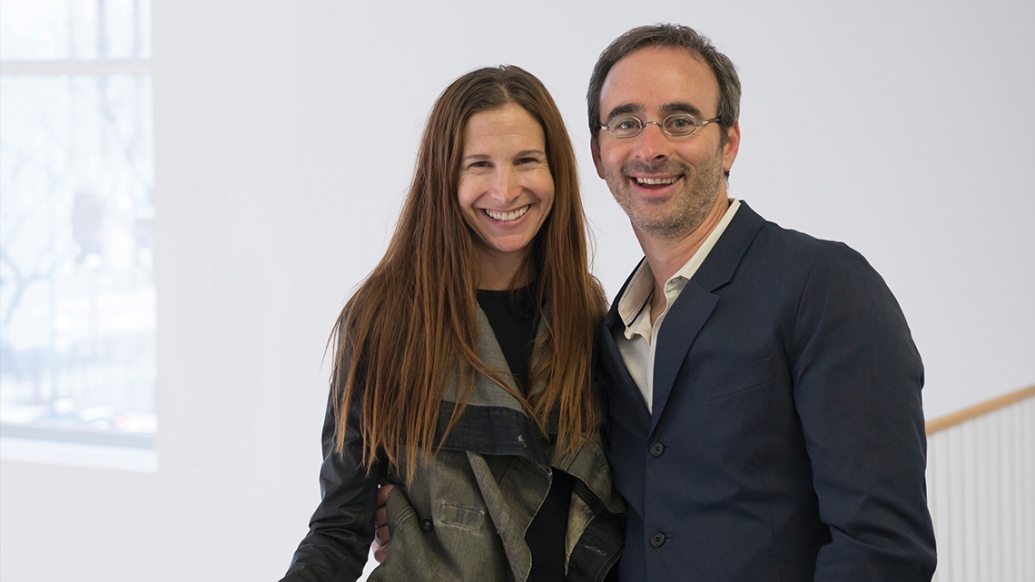
Chicago entrepreneur Eric Lefkofsky has made a career out of betting on big, new ideas. As a founder of several successful technology startups, including Groupon, and the venture capital firm LightBank, which invests in "disruptive" tech companies, he deals in the types of ideas that solve problems and change industries.
It is with that same spirit that Eric, his wife, Liz, and their Lefkofsky Family Foundation have partnered with the University of Michigan to create the Lefkofsky Scholar Initiative. This clinical research scholars program is designed to support young researchers, allowing them to pursue bold ideas with potential for big breakthroughs.
These projects are all examples of what makes Michigan unique. —Kim Eagle
"Our goal is to 'fund the un-fundable,' meaning, we aim to help launch research programs that are often considered too young to apply for federal grants," says Eric, who earned both his bachelor's degree and J.D. from Michigan. "We are willing to take risks and be bold to advance science and save lives."
The Lefkofsky Family Foundation's gift of $1.2 million will fund six scholars in three areas: pancreatic cancer, breast cancer and heart disease. Liz lost a sister due to a brain tumor at age 7, and Eric's father, Bill Lefkofsky, recently had bypass surgery at the Samuel and Jean Frankel Cardiovascular Center.
Lefkofsky Scholars will be selected in pairs, with two investigators in each field tackling a focused project with high potential for impact. Each award will run for two to three years to allow time to achieve meaningful milestones. Each pair will be embedded within a team of experts and mentored by leaders who have made significant scientific contributions in their fields. A scientific oversight team of U-M cancer and cardiovascular leaders will select, direct and monitor progress to ensure forward momentum and impact.
Scholars Monika Burness, M.D., clinical lecturer in hematology/oncology, and Michelle Wynn, Ph.D., a postdoctoral fellow in bioinformatics, will work to develop targeted therapies and more effective treatments for triple negative breast cancer to improve survival. Their mentors will be Daniel F. Hayes, M.D., the Stuart B. Padnos Professor of Breast Cancer Research and professor of internal medicine, and Sofia D. Merajver (M.D. 1987, Residency 1991, Fellowship 1993), Ph.D., professor of internal medicine and of epidemiology in the School of Public Health.
Scholars Sunitha Nagrath, Ph.D., assistant professor of chemical engineering and biomedical engineering, and Andrew Rhim, M.D., assistant professor of gastroenterology, will focus on creating a single, non-invasive test to detect pancreatic cancer at its earliest stages. Diane Simeone, M.D., the Lazar J. Greenfield Professor of Surgery, professor of molecular and integrative physiology and the director of the Pancreatic Cancer Center and Translational Oncology Program, and Joerg Lahann, Ph.D., professor of chemical engineering, of materials science and engineering, of biomedical engineering, of macromolecular science and engineering and director of the Biointerfaces Institute, will serve as their mentors.
"Pancreatic cancer, which has the worst prognosis of any major malignancy, unfortunately presents too late in patients, when we have limited treatment options," Simeone says. "It's clear that early detection would be a critical breakthrough in changing the course of this disease. Our pancreatic cancer program embraces trying to tackle the disease from multiple angles. We have embedded an outstanding team of young scholars in a mentoring team to tackle a critically important problem in the field."
Scholars Todd Herron, Ph.D., research assistant professor of molecular and integrative physiology and assistant professor of internal medicine, and Sharlene Day, M.D. (Residency 1998, Fellowship 2001), associate professor of internal medicine and of molecular and integrative physiology, will work with mentors Jose Jalife, M.D., the Cyrus and Jane Farrehi Professor of Cardiovascular Research, professor of internal medicine and of molecular and integrative physiology, and David Pinsky, M.D., the J. Griswold Ruth, M.D., and Margery Hopkins Ruth Professor of Internal Medicine and professor of molecular and integrative physiology, division chief of Cardiovascular Medicine and scientific director of the U-M Cardiovascular Center. Their project aims to better understand heart muscle diseases and develop treatments for patients with heart rhythm disorders.
"These projects are all examples of what makes Michigan unique — that notion of team science and taking advantage of interesting questions at the interfaces of different areas of science," says Kim Eagle, M.D., director of the Frankel Cardiovascular Center, who will serve as facilitator of the Lefkofsky Scholars' scientific oversight committee. "The Lefkofskys are part of a new breed of philanthropists. They're thinking about how we can step out of the paradigm of the last 50 years and fund high-impact, high-risk early science that might move the research forward faster."
